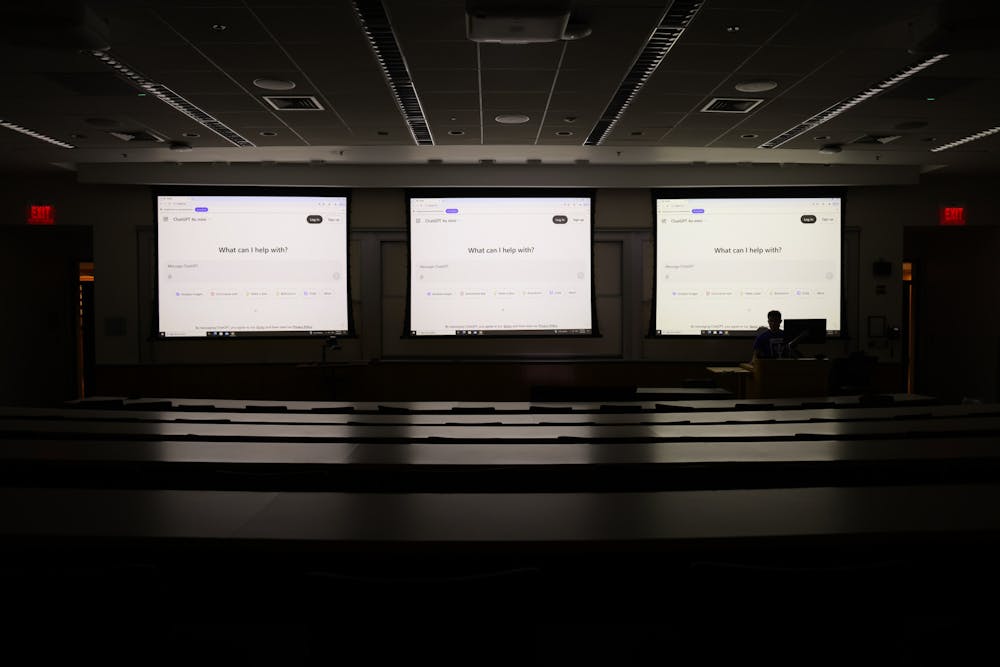AI’s Impact on Penn Faculty and Courses
Advancements in artificial intelligence have prompted a shift in how University of Pennsylvania faculty members grade and teach their courses, according to a recent report in The Daily Pennsylvanian. Multiple professors have altered their course structures and curricula to address the effects of AI on student work. The primary concerns revolve around AI-based plagiarism and how to maintain the integrity of academic work.

In November 2023, Penn established guidelines for AI usage across the university. These guidelines support the integration of generative AI tools while stipulating that these tools must align with the university’s mission.
Adapting to AI in the Classroom
Faculty members have expressed diverse perspectives on AI. Marc Trussler, Director of Data Sciences at the Penn Program on Opinion Research and Election Studies, believes that some current AI applications are detrimental to learning.
“If you farm [work] out to AI, even though it is fully capable of doing it, you’re depriving yourself of learning how to think, which is what you are doing here at university,” Trussler said.
Trussler has adjusted his “Introduction to Data Science” course by lessening the emphasis on programming assignments easily completed by AI and focusing more on in-person exams. He hopes this will encourage students to engage more deeply with the course material.
Political Science professor Loren Goldman is another faculty member who has reorganized his courses in response to AI, transitioning to a more exam-based format instead of relying as much on essays. While Goldman acknowledges the beneficial applications of AI, he notes the complexity of trusting students with these tools.
“Students are often so oriented towards success and getting the grade,” Goldman said. “For people who are results-oriented, it’s almost tragic because it’s the process of writing an essay that is actually the important part.”
AI as a Tool for Learning
Other faculty members are looking at AI as a tool that, if employed correctly, can be of value to students. Computer and Information Science professor Chris Callison-Burch encourages students to use AI tools in a “productive fashion.”
“I think that the guiding light is that AI should not be a substitute for critical thinking,” Callison-Burch stated. “AI should deepen students’ understanding of the course materials and we should strive for that as the bar.”
Callison-Burch does recognize the concerns surrounding AI use, especially as a potential tool for plagiarism. However, he cautions against excessive efforts to detect AI-generated content, citing research that shows the unreliability of both humans and AI detectors in identifying such texts. Robert Ghrist, Associate Dean for Undergraduate Education for the School of Engineering and Applied Science and professor of Mathematics and Electrical and Systems Engineering, trusts in his students’ maturity and academic integrity and encourages them to use AI to enhance their learning.
Ghrist has not changed his curriculum directly in response to AI but has used AI technology to summarize lectures and develop custom GPT models to assist students. He is enthusiastic about the innovative possibilities AI presents.
“The day that ChatGPT was released, I showed up to class and said ‘Forget what we’re going to learn today. This is the most important thing I can teach you today,’” Ghrist said.


